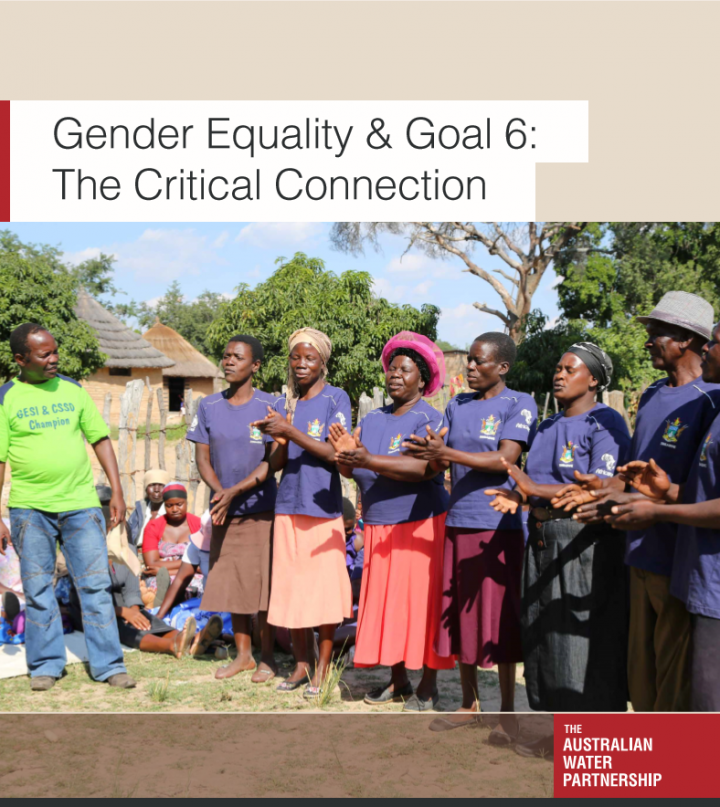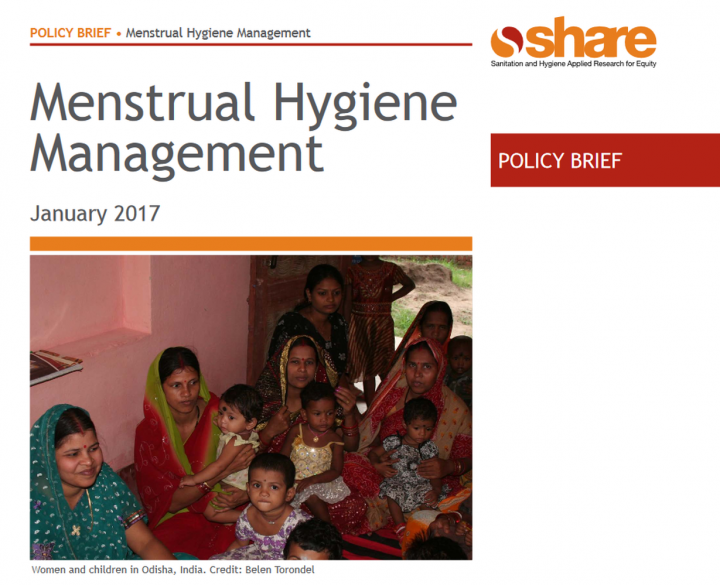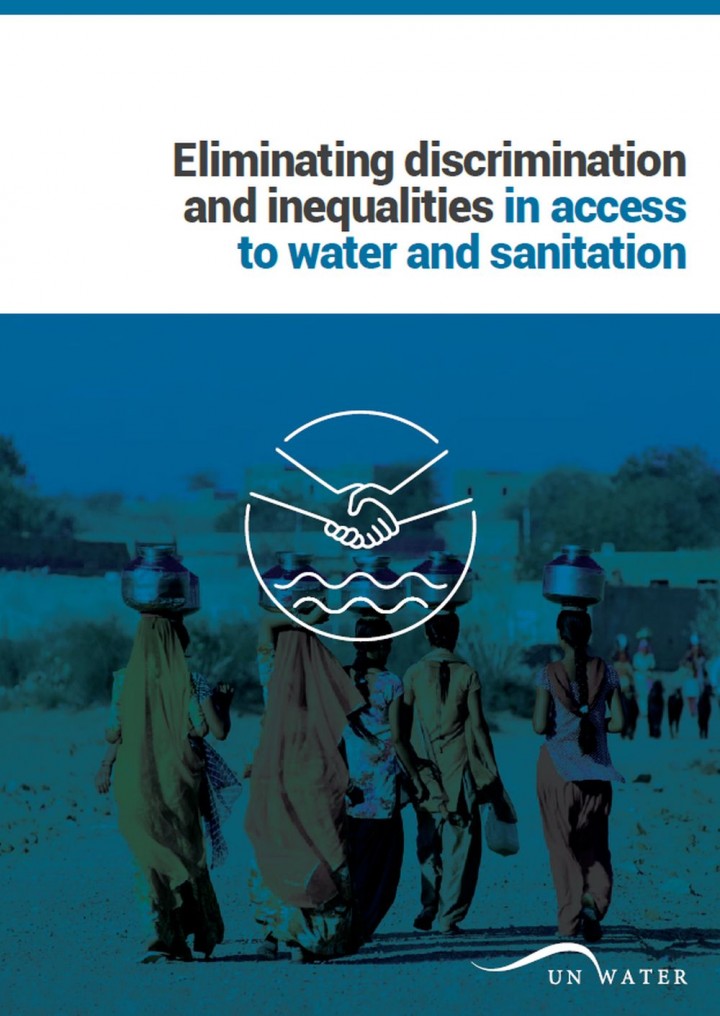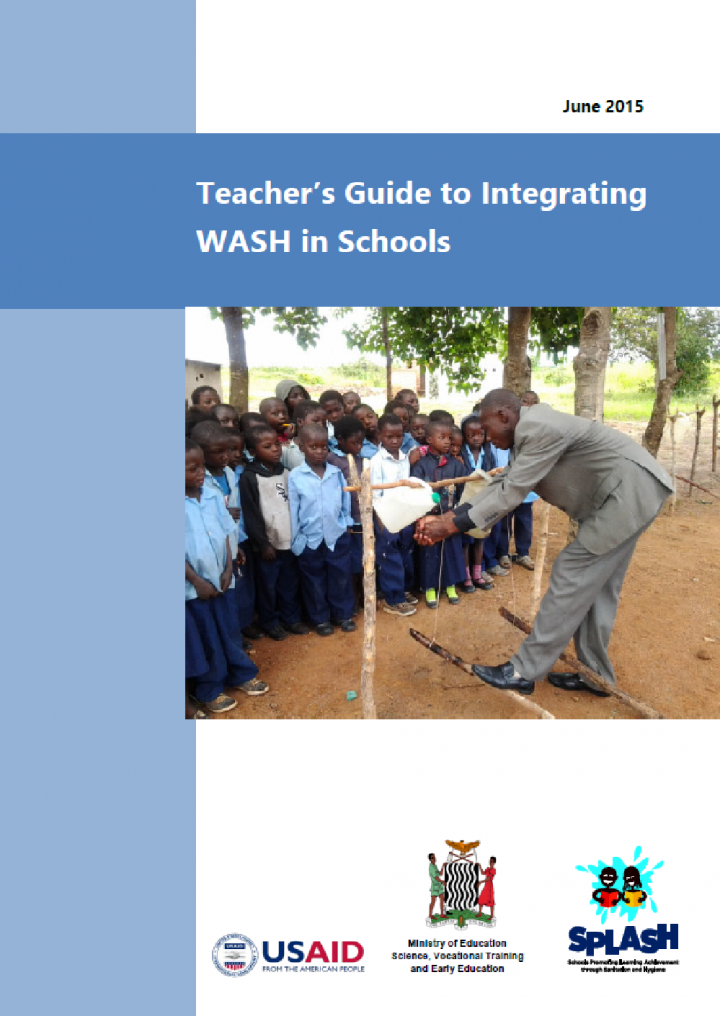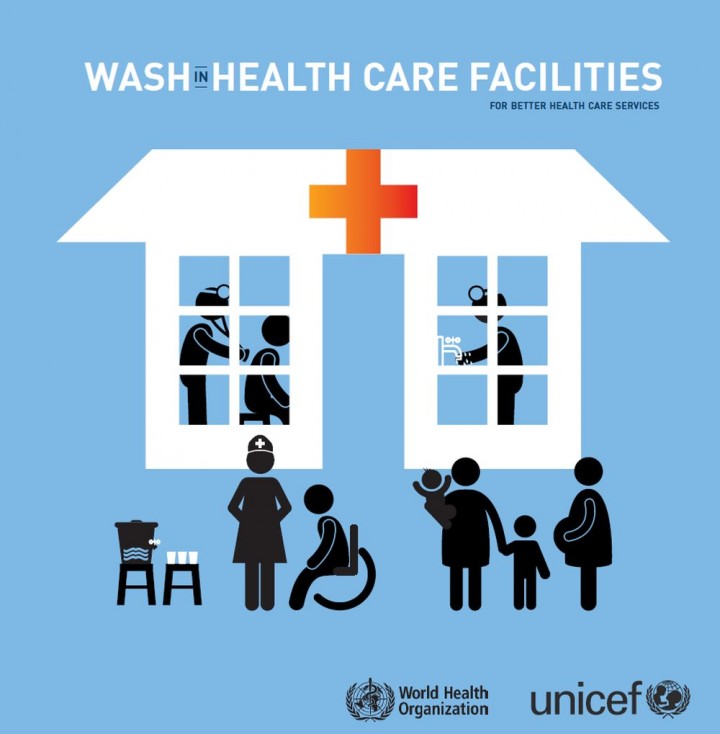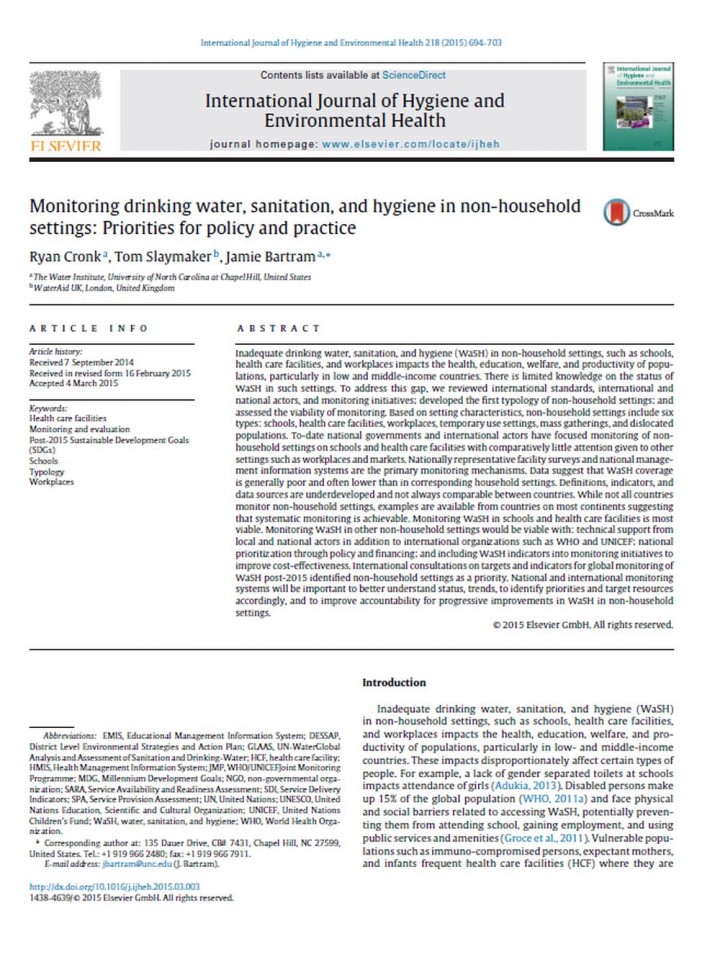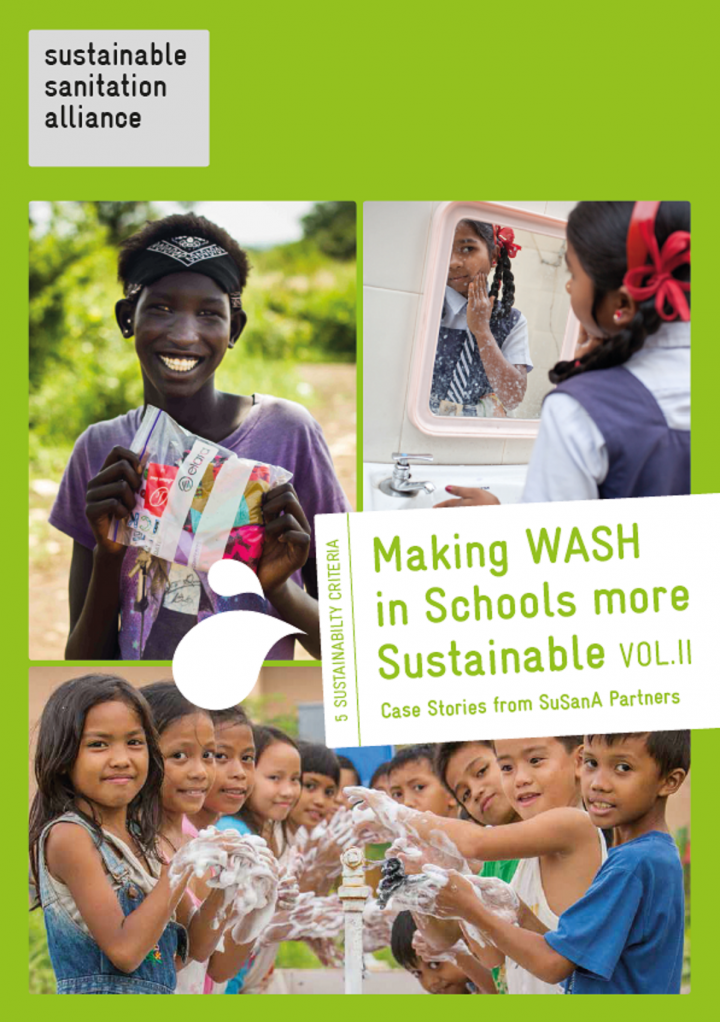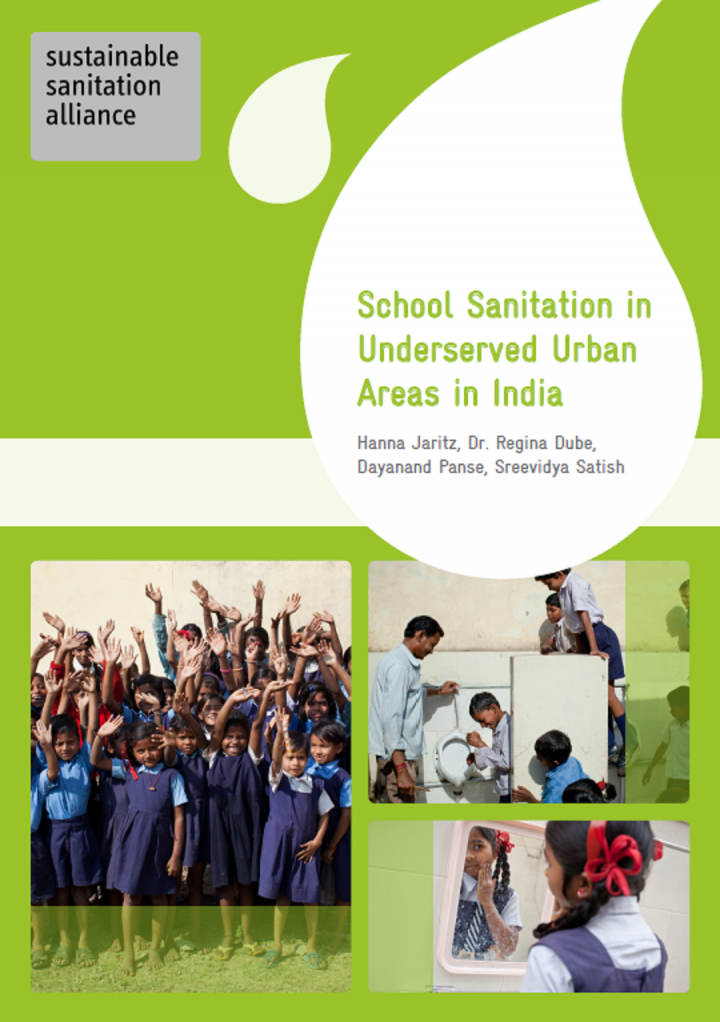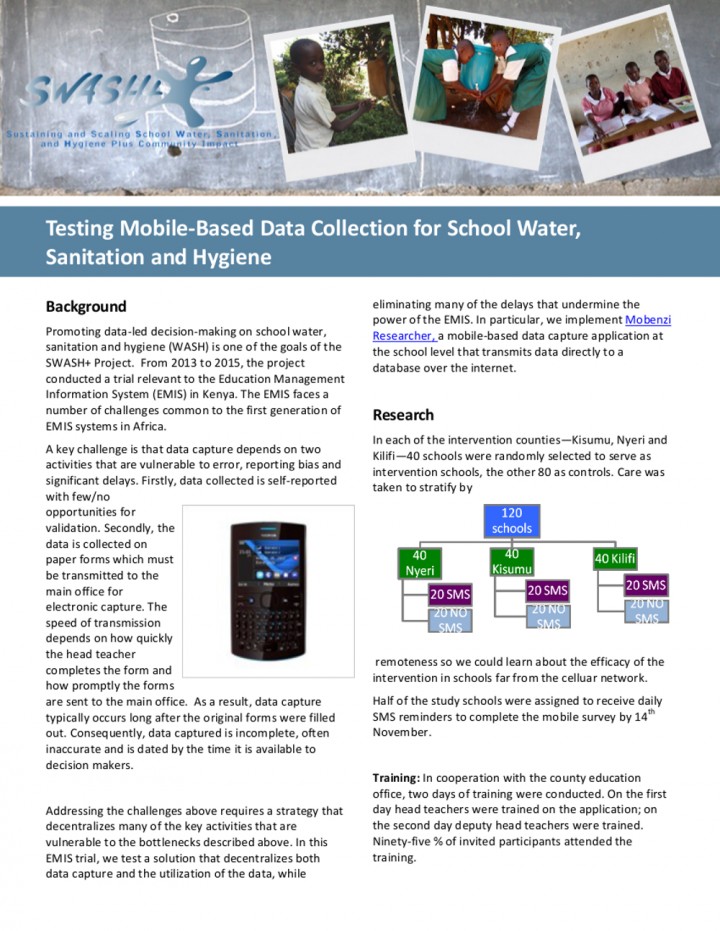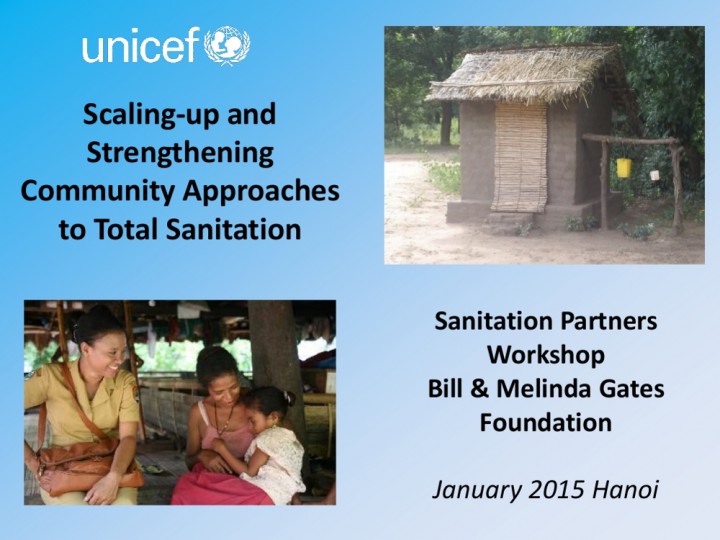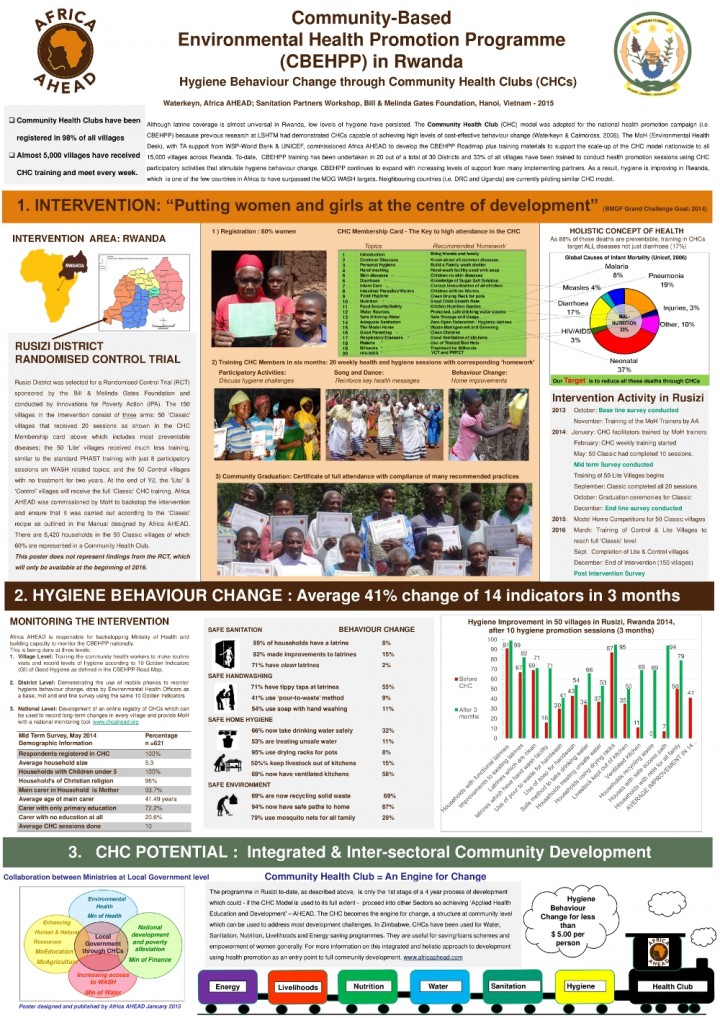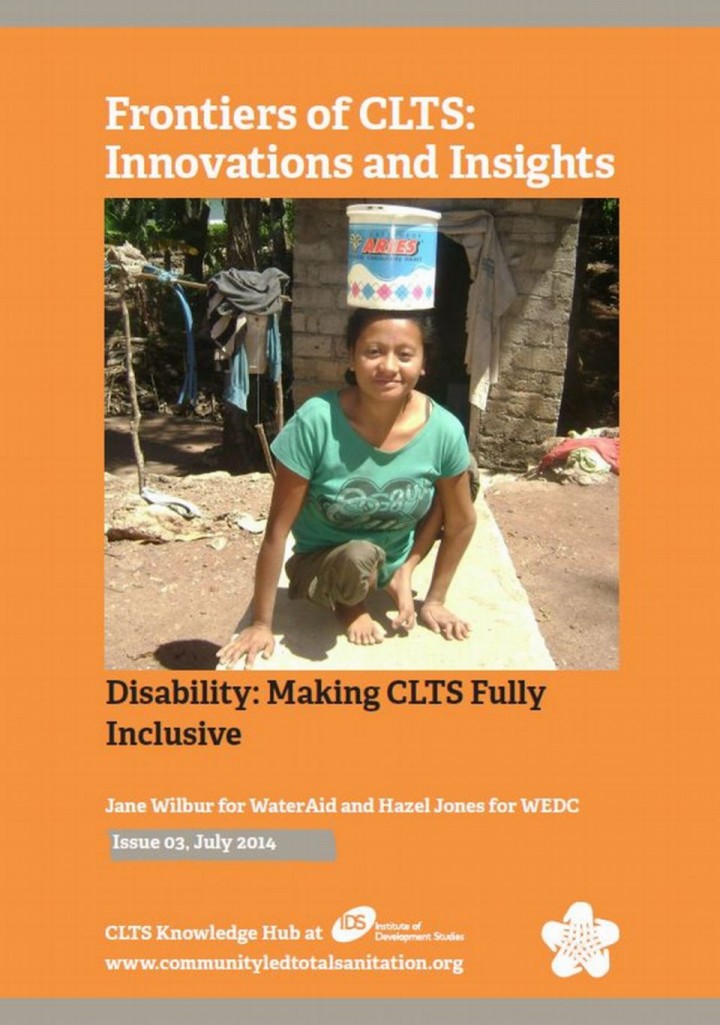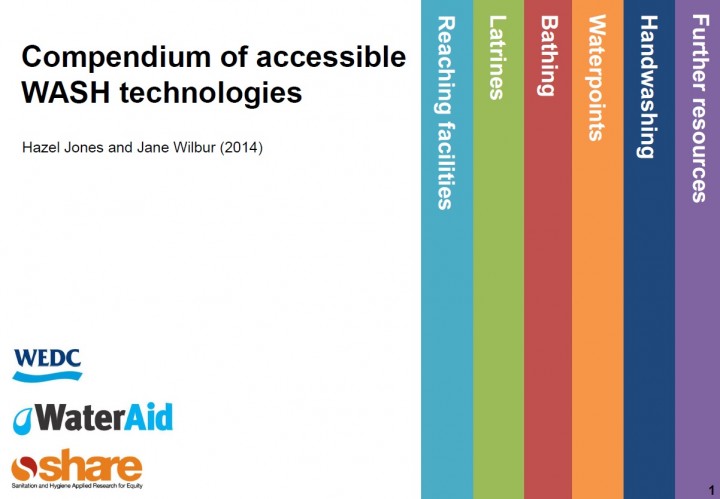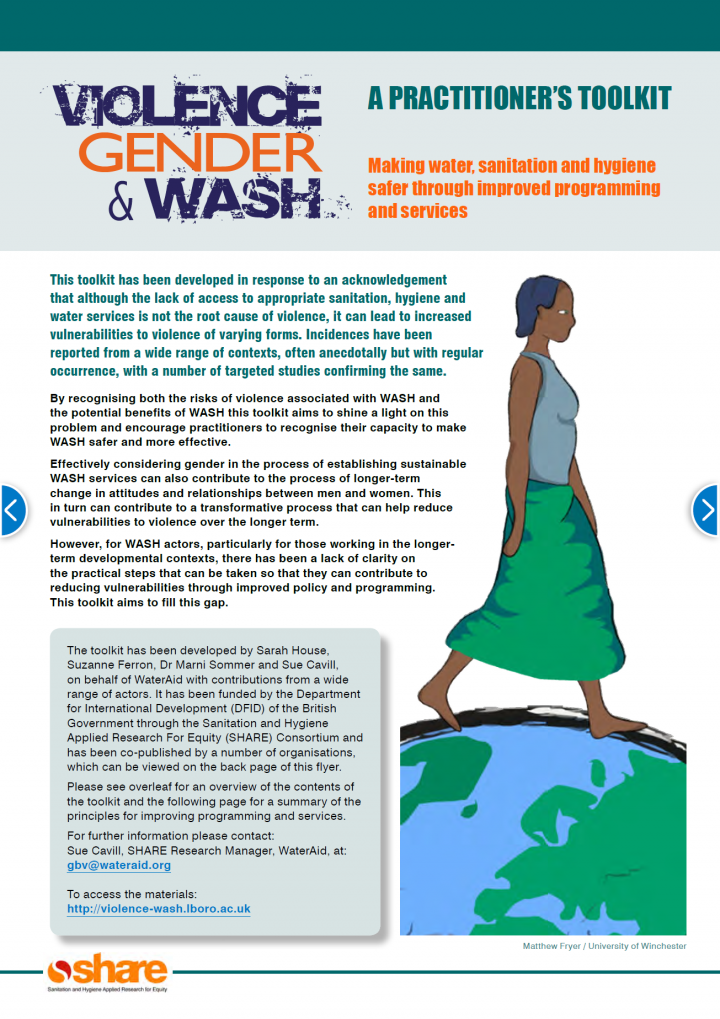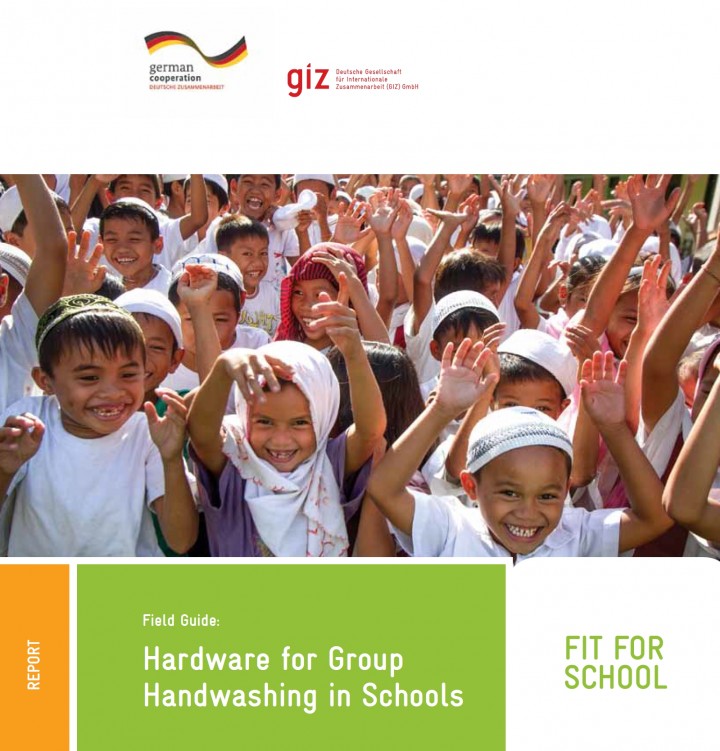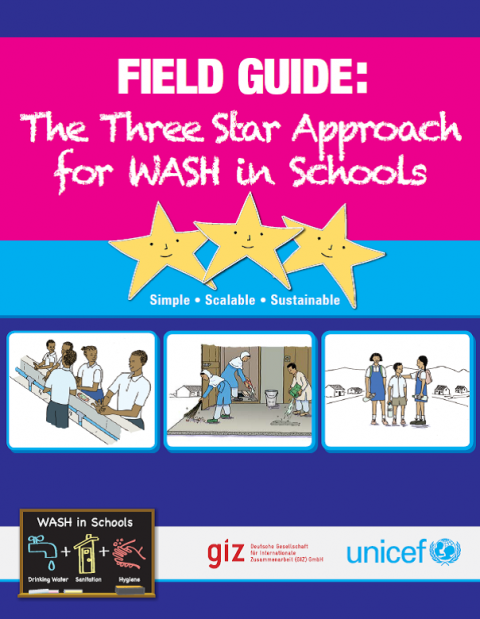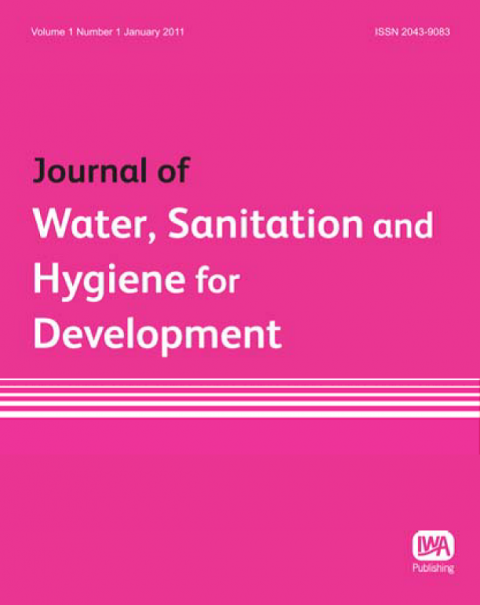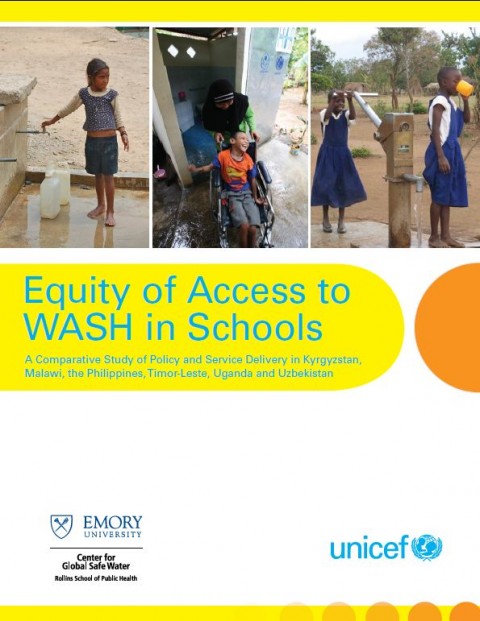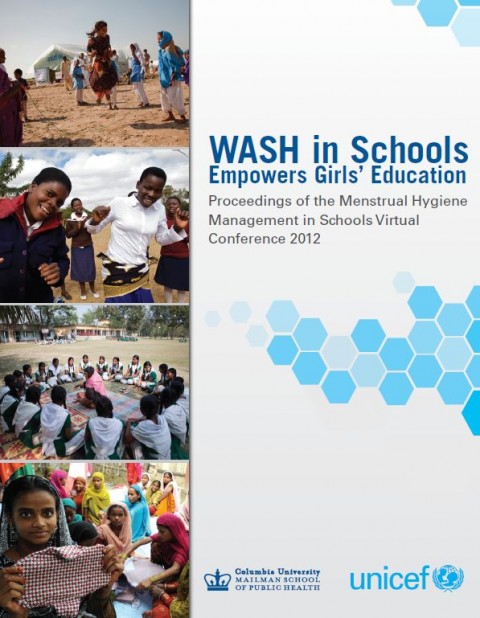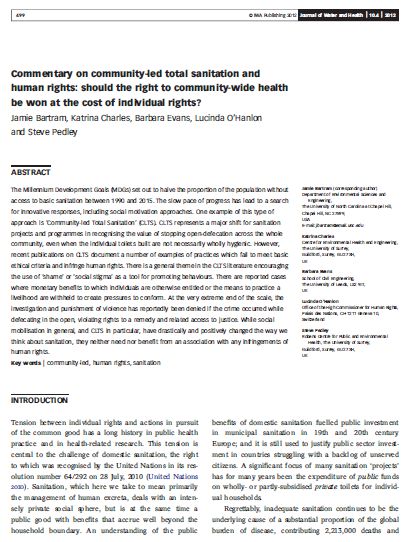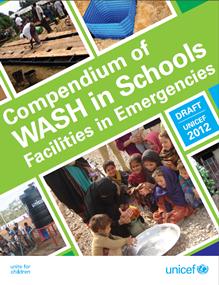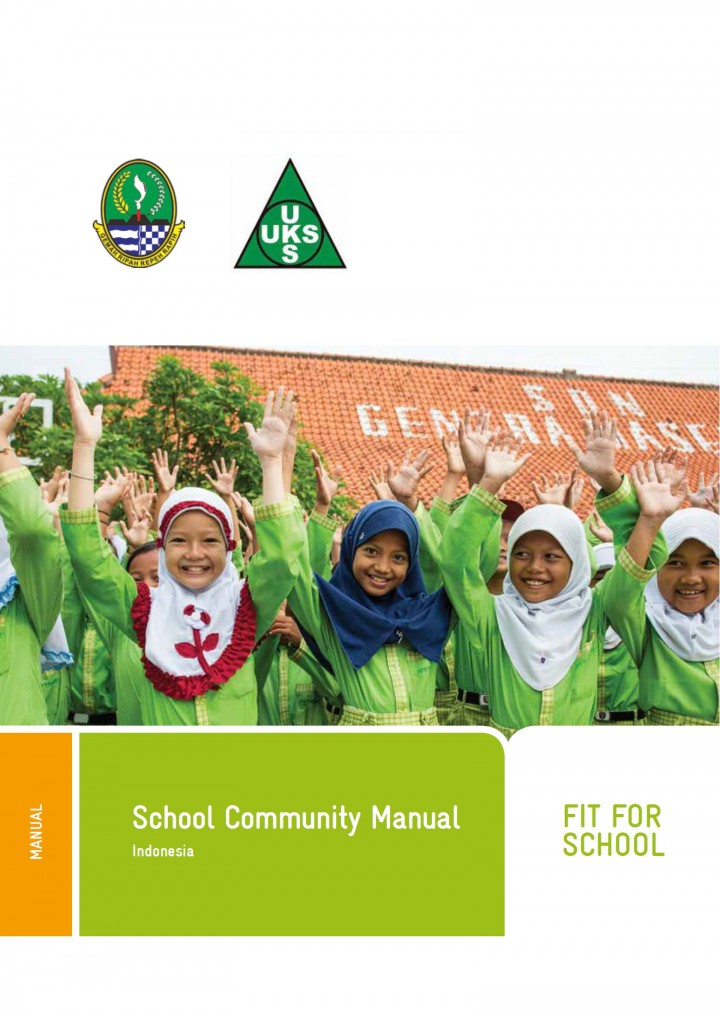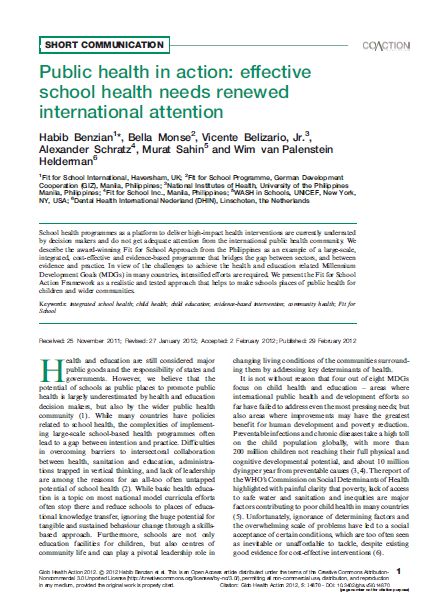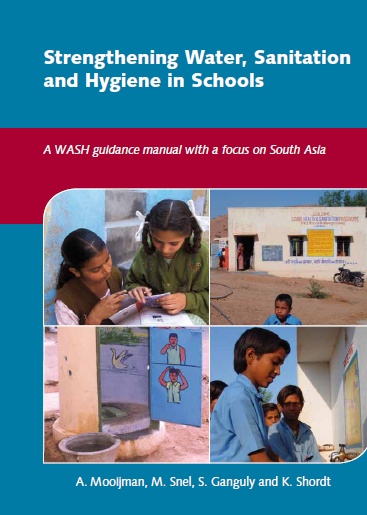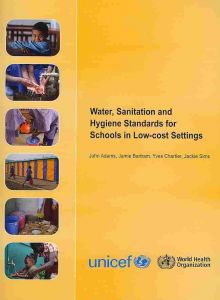Searching for information on Sanitation Workers?
The Sanitation Workers Knowledge + Learning Hub is the best source for all current news, trends, articles and updates on sanitation workers rights around the world.
Sustainable Development Goal 6 (Goal 6) to ‘ensure availability and sustainable management of water and sanitation for all’ requires explicit attention to gender equality and inclusion. Universal access to safely managed water, sanitation and hygiene (WASH) and appropriate management of water resources will only be achieved if the rights of women and marginalised people are fulfilled. The …
This document UN-Water provides a summary on discrimination and inequality in the field of water and sanitation: it explains the concept of discrimination, details the human rights in regarding equity in the WASH sector and presents the course of action towards the elimination of discrimination and inequality.
This Teacher’s Guide supports the teaching and learning about water, sanitation, and hygiene (WASH) in Zambian primary schools. WASH is part of the new national curriculum, which was launched in January 2014. This guide provides technical content for the teacher to familiarize himself/herself with the subject of WASH. It also provides ideas and suggestions on how WASH content can be integrated …
This report presents for the first time a multi-country review of water, sanitation and hygiene (WASH) services in health care facilities in 54 low- and middle-income countries. WASH services provide for water availability and quality, presence of sanitation facilities and availability of soap and water for handwashing. The main focus of the results is on water availability as there were very …
Inadequate drinking water, sanitation, and hygiene (WaSH) in non-household settings, such as schools, health care facilities, and workplaces impacts the health, education, welfare, and productivity of populations, particularly in low and middle-income countries. There is limited knowledge on the status of WaSH in such settings. To address this gap, we reviewed international standards, …
This publication is the second volume of "Making WASH in Schools ore Sustainable". Similar to Volume I, it showcases various approaches, both practical and innovative, to provide sustainable WASH solutions in schools around the world. The stories are not limited to the construction of water and sanitation systems but also show how these systems are operated and maintained through active …
This publication is the background article to one of the case stories in the SuSanA case story collection “Making WASH in Schools more Sustainable” (Vol II.). It has been selected as one of the focus case stories on monitoring under the umbrella of the SuSanA Working Group 7 on school sanitation.
The project "School Sanitation in Underserved Urban Areas in India" has shown that in the …
This toolkit has been developed in response to an acknowledgement that although the lack of access to appropriate water, sanitation and hygiene services (WASH) is not the root cause of violence, it can lead to increased vulnerabilities to violence of varying forms. Incidences have been reported from a wide range of contexts, often anecdotally but with regular occurrence, with a number of targeted …
Understanding that the school environment can enable development of healthy behaviors among children who may not have the same learning opportunity in their homes, schools serve as the center of development. Adapted from the experiences of Filipino NGO, Fit For Schools, this toolkit of effective handwashing tools promotes handwashing programs designed for schools and inspires a healthy learning …
Water, sanitation and hygiene education in schools – WASH in Schools – provides a healthy and comfortable environment that helps improve children’s health and boosts educational attendance and achievement. Schoolaged children in many countries, however, are unable to benefit from adequate access to WASH in Schools. Although all children are affected by lack of access, vulnerable populations …
Establishing schools as enabling places where children can thrive and learn – this is the objective of the Fit for School Approach, an innovative and integrated school health concept that was first developed in the Philippines and has also been introduced in other Southeast Asian countries, namely Cambodia, Indonesia and Laos.
The Fit for School Approach is based on three core principles: …

